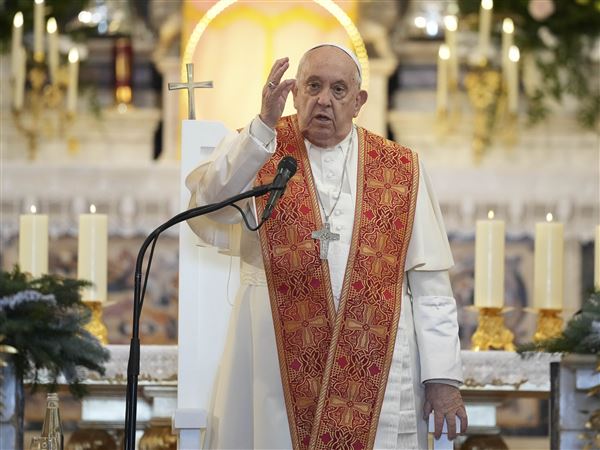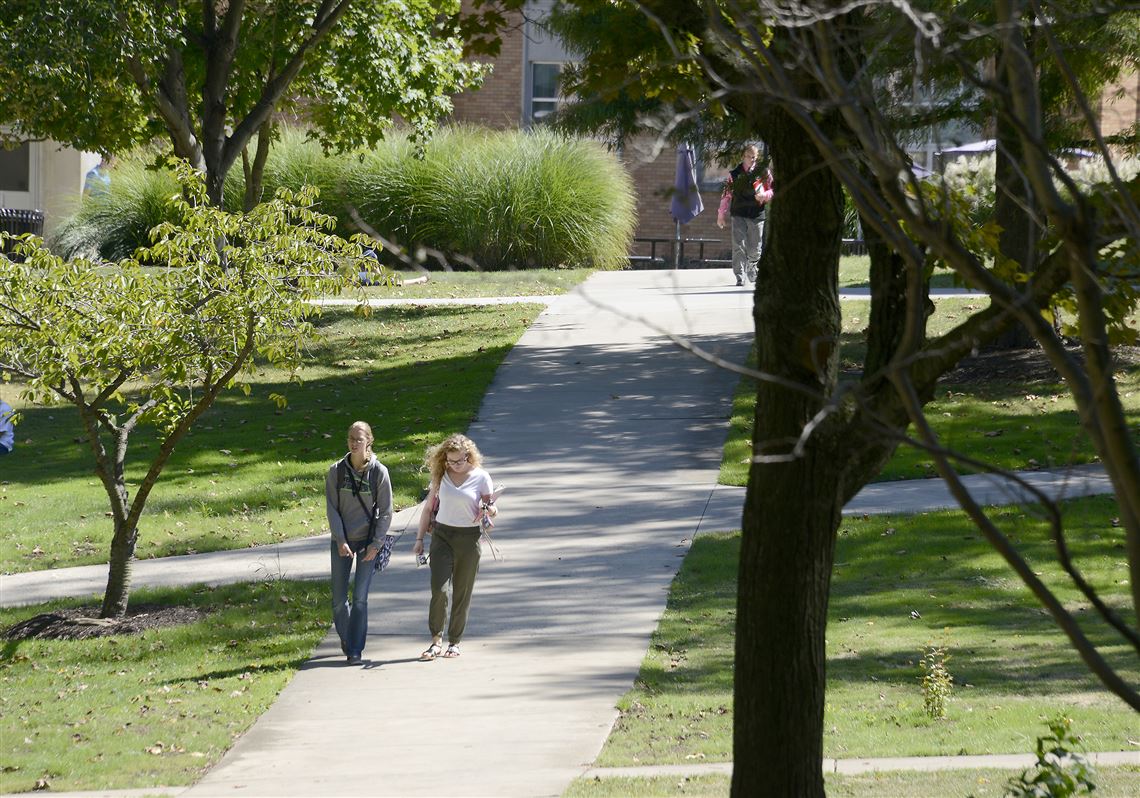Some future students at Geneva College won’t have to stress over tuition bills and student loan payments.
On Tuesday, the private Christian school announced that Pennsylvania students whose families earn less than $70,000 annually will pay no undergraduate tuition beginning with the fall 2024 class.
Prospective students must be Pell Grant-eligible and apply to the Beaver County college by March 1 to qualify for the program, dubbed the Geneva Tuition Promise. Eligible students will still pay for room, board and fees.
School officials hope the Geneva Tuition Promise ensures that “quality, independent Christian higher education” is accessible for all Pennsylvania families.
“We know that college affordability is a primary concern for families today. We also know that Geneva has long been one of the most affordable options for Christian higher education,” Willem de Ruijter, Geneva’s vice president of enrollment and marketing, said in a news release. “By launching the Geneva Tuition Promise, we are doubling down on that legacy and are continuing to work towards making a rigorous Christian education accessible for all.”
Through the program, the college will also offer its highest-achieving students up to $20,000 annually in scholarships, and up to $80,000 total over four years. This scholarship program will apply to all new students beginning in fall 2024.
Settled in Beaver Falls, Geneva enrolls just under 1,200 undergraduate students and offers nearly 200 undergraduate programs and majors. Yearly tuition is $31,090, room and board is $10,980 and a campus service fee is $1,260.
Last year, Allegheny College in Meadville announced it would cover all tuition costs for students whose family income is under $50,000.
The schools’ announcements come as enrollment declines and more people question the value of a college degree.
Between 2012 and 2021, both Geneva and Allegheny lost around a quarter of their undergraduate enrollments, according to Department of Education data. Free tuition policies can attract new students and help them understand that they will pay less than the sticker price for their education, said Phillip Levine, a Wellesley College economics professor who studies higher education pricing.
Mr. Levine said more universities are becoming aware that their prices are too high for low and middle income students. Affordability policies and clear communication surrounding these policies, like the Geneva Tuition Promise program, benefits both students and institutions, he said.
“If we want all students to go to the institution that’s the best fit for them, anything we can do to improve that fit is a good thing,” Mr. Levine said.
First Published: September 5, 2023, 3:09 p.m.
Updated: September 5, 2023, 10:17 p.m.




















